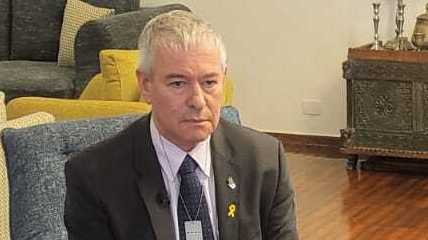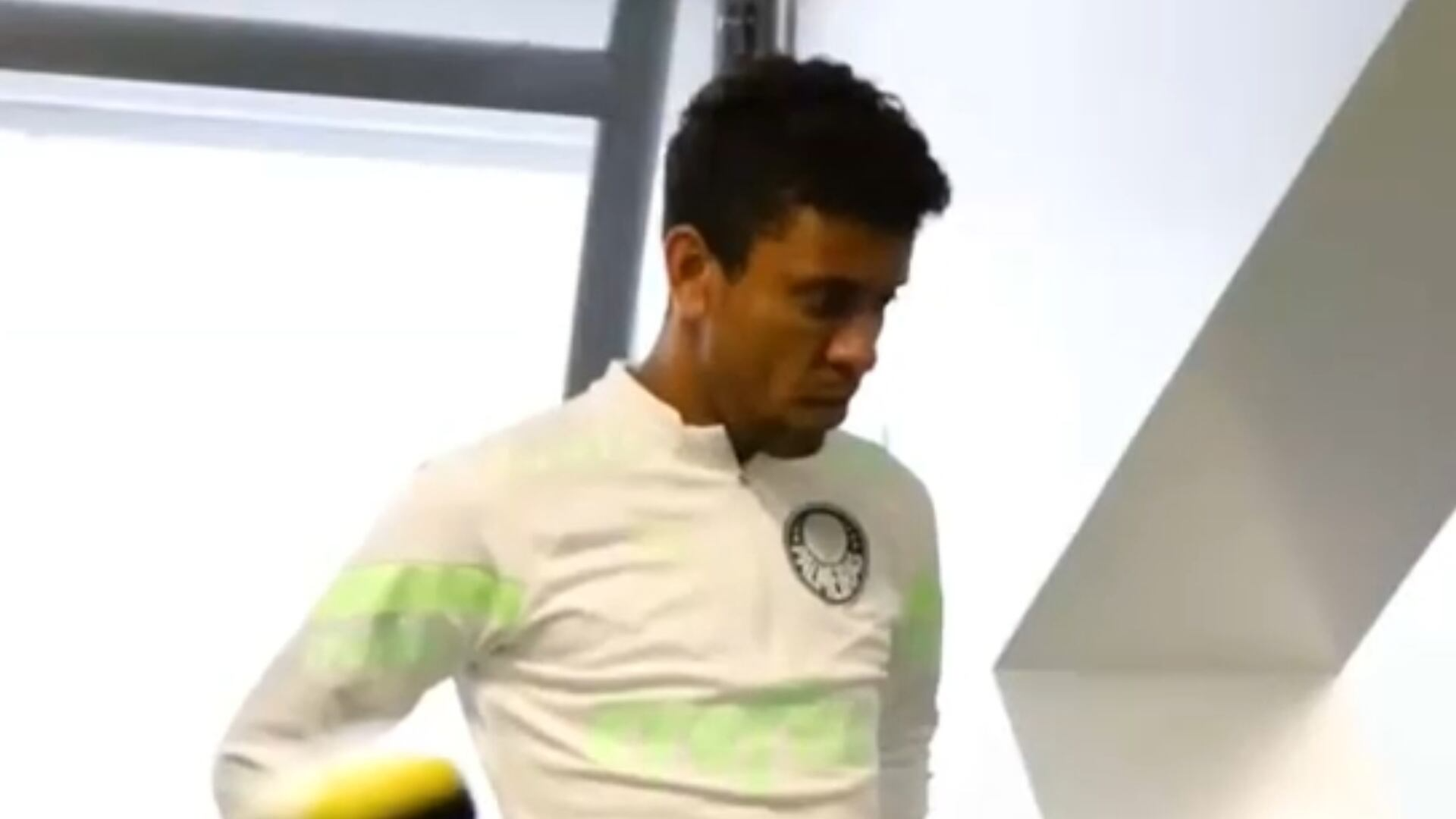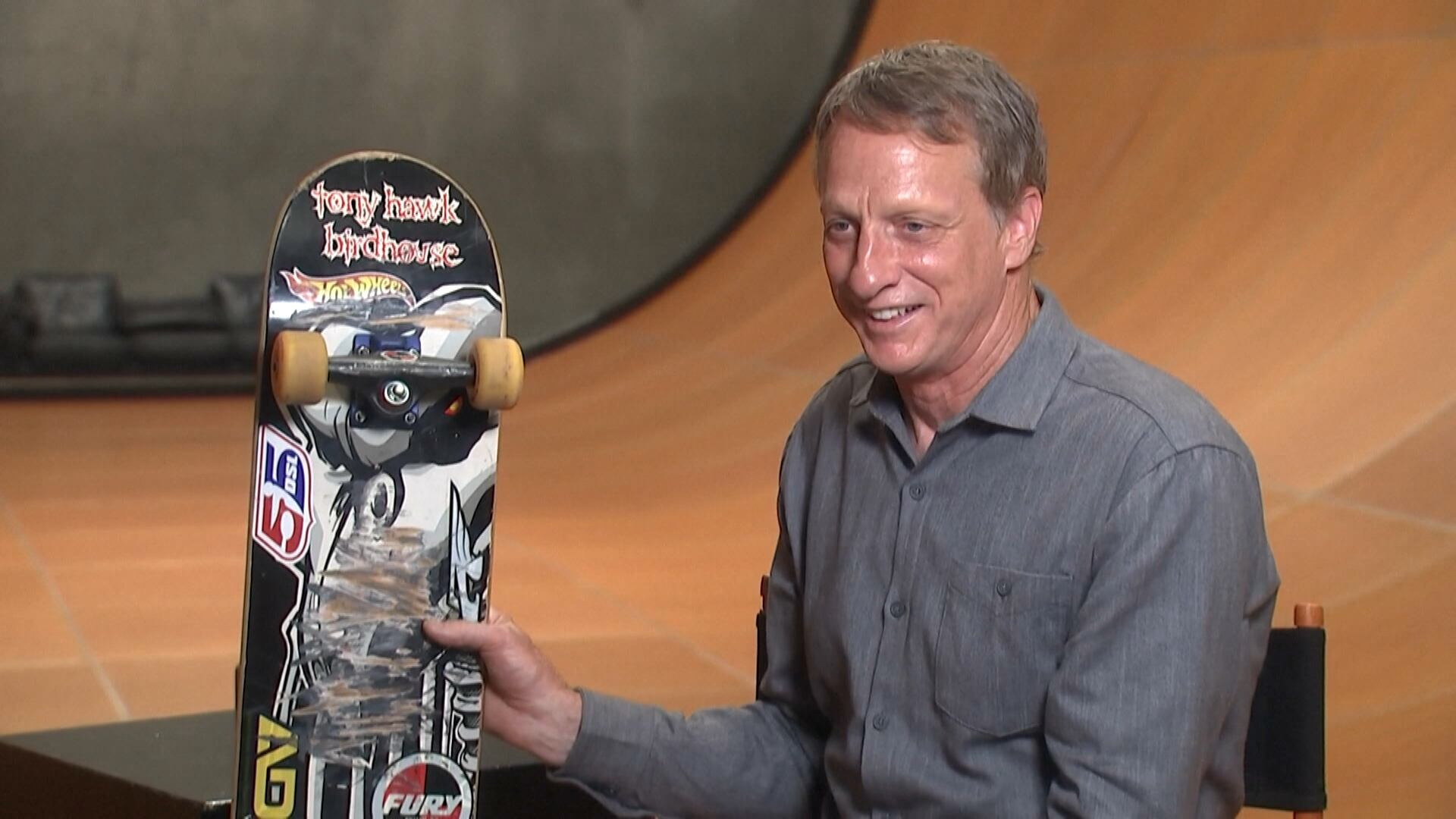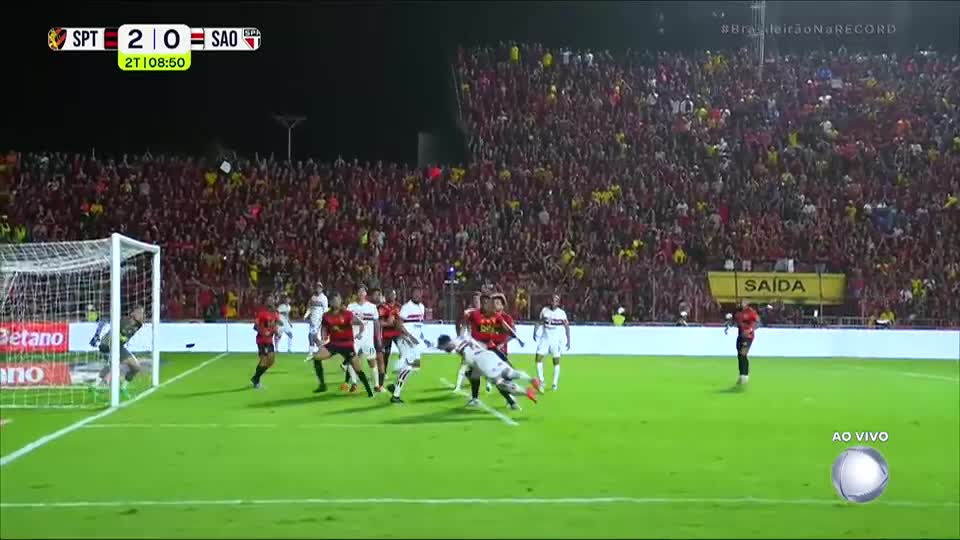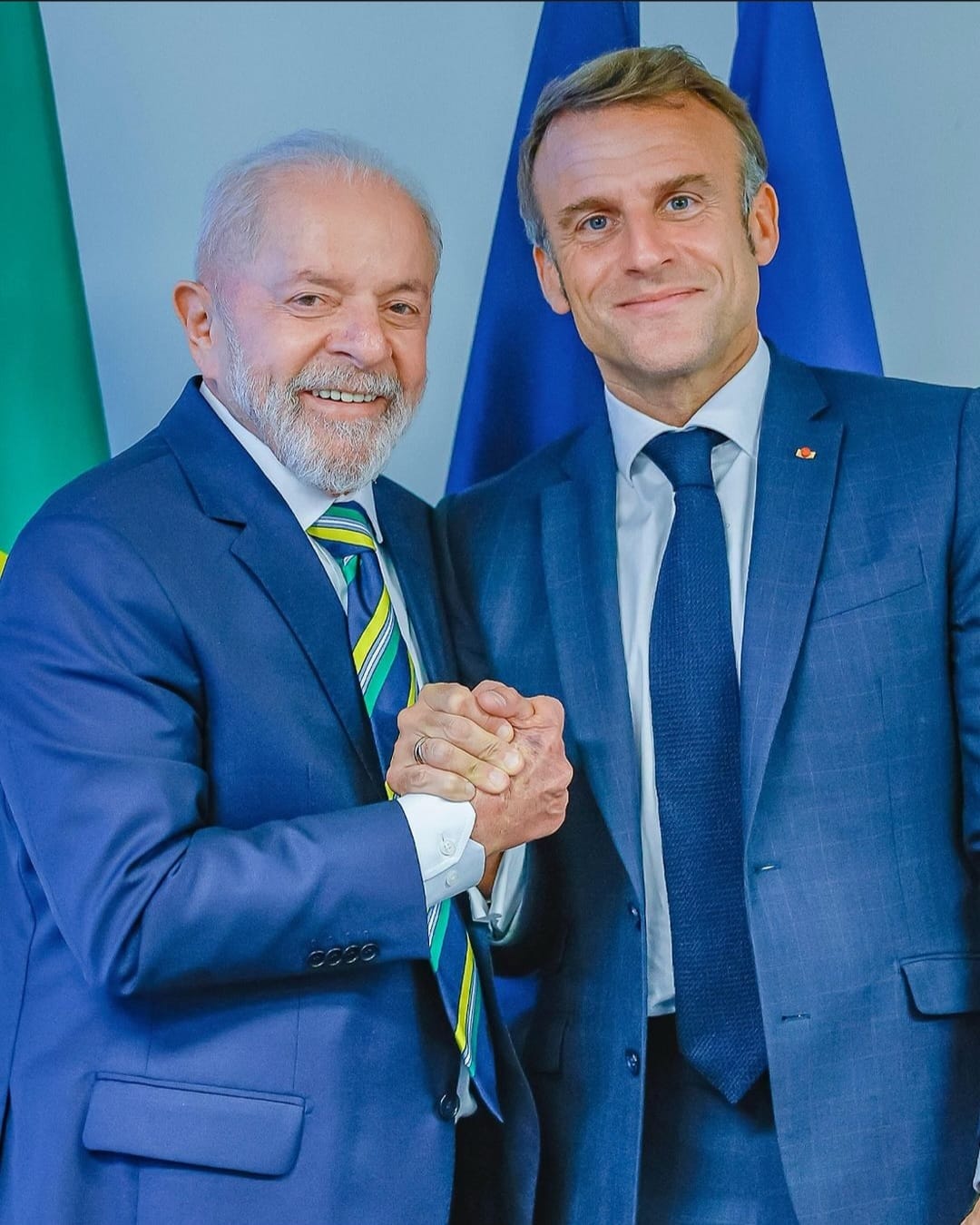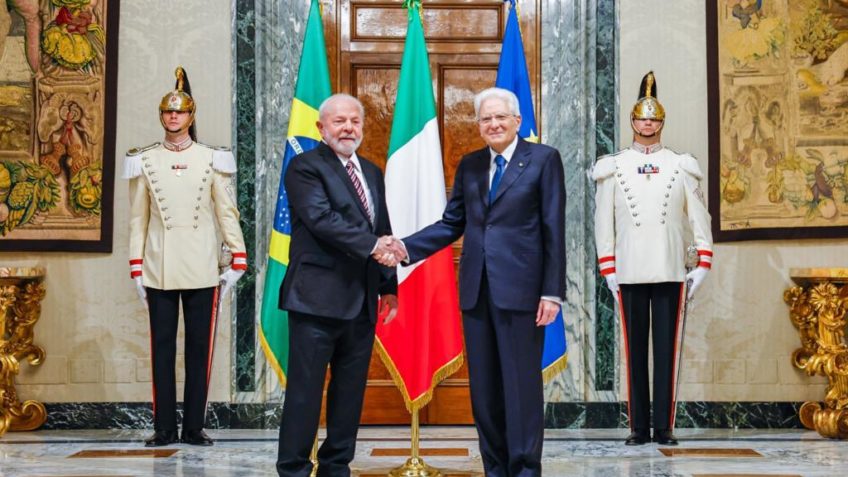Warner Bros processa empresa de IA por roubar Superman e Scooby-Doo
Funding shortfall forces Central Bank to curb fintechs Alex Ribeiro valorinternational.txt
Brazil’s Central Bank is card lottery duel linksshort of money and staff to oversee a financial system that has grown larger and more complex in recent years, making it an easier target for organized crime. To prevent a collapse, the monetary authority on Friday (5) imposed several restrictions on fintech operations. The move was an emergency response, akin to placing fences around the financial system. While it offers broader protection, it also curbs the activities of fintechs that had fueled competition and innovation in the market. Customers are expected to face obstacles in accessing their own funds. Some blame the liberal agenda of former Central Bank President Roberto Campos Neto, who in 2020 eased entry requirements for participants in the instant payment system Pix. But the debate is not ideological. Current Central Bank President Gabriel Galípolo, appointed by President Lula, has acknowledged that without those measures, Brazil’s financial system would not have advanced as it did. Both men had bet on the approval of a proposal to amend the Constitution granting the Central Bank administrative and financial autonomy, ensuring sufficient funds and staff for proper supervision. That did not happen. In August, the proposal was about to be considered by the Senate’s Economic Affairs Committee when it was blocked by the government’s more ideological factions. Their argument: since the Workers’ Party (PT) has historically opposed Central Bank independence, it should remain consistent with that view. Ironically, this stance aligns Brazil’s government with the worldview of U.S. President Donald Trump, who has attacked the Federal Reserve. The situation underscores that the issue is not specific to left-wing or right-wing politicians, but rather a matter of economic populism. The events of recent days highlight that, beyond populist politics, an independent Central Bank—with genuine budgetary and financial autonomy—is essential to protecting taxpayer money against criminal networks and special interests. In the Banco Master case, the monetary authority faced pressure on two fronts to approve a transaction that should have been evaluated solely on technical grounds. One was a bill sponsored by the powerful Centr?o bloc of parties that sought to give Congress the power to dismiss Central Bank directors without just cause. The other front involved personal attacks against Renato Gomes, the Central Bank’s director of financial system organization and resolution, who ultimately issued the opinion rejecting the sale of a stake in Banco Master to state-owned Banco de Brasília (BRB). The fact that Master reached this point, according to former Central Bank directors interviewed by Valor, already signals weaknesses in supervision. The Credit Guarantee Fund (FGC) and industry executives had repeatedly raised concerns about Master’s risky positions. Effective oversight today requires heavy use of technology and larger, better-trained teams. The picture is even more troubling given that organized crime groups such as the PCC are actively targeting the financial system. Beyond financial resources, the Central Bank needs stronger powers and safeguards. After a cyberattack siphoned off more than R$1 billion from lenders’ accounts at the Central Bank, the monetary authority suspended more than a dozen payment system participants. Evidence suggests some were controlled by organized crime straw men. More suspensions are expected following a major police operation that uncovered money laundering linked to the fuel sector. A critical issue remains: Central Bank directors and staff have weak legal protections when carrying out their duties. They face lawsuits under their own taxpayer IDs, whether combating money laundering or intervening in troubled institutions. The Central Bank’s powers are outdated. It supervises banks and financial institutions, but not investment funds, which fall under the jurisdiction of the Securities and Exchange Commission of Brazil (CVM). Without oversight of funds, the Central Bank cannot fully supervise banks. A significant portion of Master’s resources was parked in funds that, in turn, invested in other funds with multiple investors. Central bankers have warned that funds now hold a large share of circulating money and are vulnerable to crises that could trigger economic collapse without central bank intervention. The recent fuel sector investigation revealed that some funds were being used to conceal assets for organized crime. Lacking the resources and authority to perform its role, the Central Bank now faces a tough choice: sacrificing competition and efficiency to safeguard security. This article was translated from Valor Econ?mico using an artificial intelligence tool under the supervision of the Valor International editorial team to ensure accuracy, clarity, and adherence to our editorial standards. Read our Editorial Principles.




